
OR
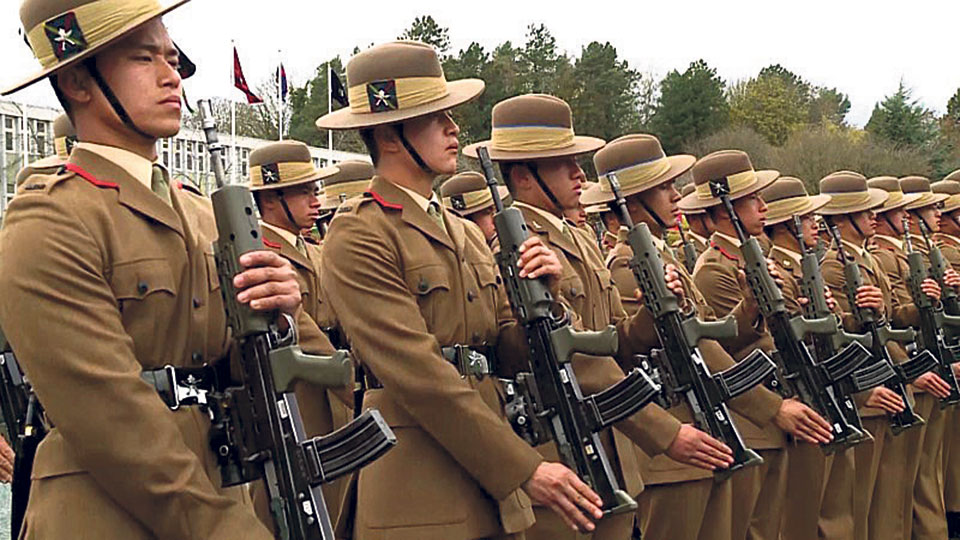

Tikendra Dal Dewan JP
The author, a retired major, is the Chair of the British Gurkha Welfare Society (BGWS) with head office in Farnborough, UKnews@myrepublica.com
More from Author
While India has always maintained Gurkha service on equal par with the rest of the Indian Army the British have not. This is against the spirit of Tripartite Agreement
“Pull the wool over your eyes” aptly summaries what Mark Lancaster, UK’s Minister of State for the Armed Forces, has to say in his article in this daily (See “Announcement for Gurkhas,” Republica, March 7).
The essay opens up with a perfect emotional pitch by quoting Sir Ralph Turner’s famous words: “Bravest of the brave, most generous of the generous. Never had a country more faithful friends than you”. He then further claims that these stirring words still ring true today, perhaps forgetting to add that on the Gurkha’s side the generosity remains over-stretched while the faithful friendship continues to remain one-sided.
The Minister for the Armed Forces also has the added experience of service with the Gurkhas and has witnessed the enormous difference made by the Gurkhas around the world whether delivering vital humanitarian aid or fighting extremism. He then openly claims his “passionate care” about making sure “Britain’s loyal Gurkha community get what they need.” This sums up the British attitude for the past 200 years plus and the inequality meted out to the Gurkhas is not what they are entitled to but what they need that too dictated by the authorities involved.
He then mentions the good intention of his visit to Nepal and meeting various organisations concerned and welcomes the opportunity to correct a few misconceptions in three points, which he finds worth mentioning. “Those Gurkhas joining the Brigade since 2007 have done so on the same terms and conditions as their British counterparts including pay and pension,” he writes. Might I correct the Minister that this was backdated to those serving since 1997?
Second, he says those enlisting before 2007 were placed on different terms of service “for a very good reason.” He further reiterates that under the Tripartite Agreement (TPA) Gurkha regiments became (integral) part of the British and Indian Armies and then conveniently claims that due to the circumstances of the time such terms of service were voluntarily accepted. I take a pause here. The ‘good reason’ has not been explained and while India has always maintained Gurkha service on equal par with the rest of the Indian Army the British have not. This remains totally against the true spirit of the Memorandum of Understanding—TPA.
He then articulately explains the advantage of the Gurkha pension against the British pension but omits that post 1975 a British soldier with a minimum service of two years would be entitled to a preserved pension while a Gurkha would not.
Gurkha pensions were peanuts until 2000 when a 100 percent increment implemented by the Indian Pay Commission (IPC) compelled the same rise for British Gurkhas and due to the lack of excellent welfare benefits that the Indian Army enjoyed an additional 100 percent was added as compensation. For the first time the British Gurkhas enjoyed a good pension yet far unequal to their British contemporaries. However, with the speedy growth of the Indian economy the six IPC saw another major boost to their pensions and its terms. As required, this was ignored by the British Government for the few who were over 80 years of age.
The Indian Government then followed this by the latest 7 IPC in 2016—another hike to the Indian pensions. The latter took the British Government nearly three years to decide and decide they did by announcing the recent increment of between 10 percent to 34 percent without any explanation as to what was the true percentage of increment imposed by the Indian Government. In doing so the British Government has also killed two birds with one stone.
The general public may be awed to hear the size of the increment without realising that this should have been immediately implemented in 2016 and within this hides the fact that the annual increment to pensions has been opportunely ignored. The figures shown in millions of pounds can seem to be mind boggling, but it would be interesting to compare this with billions of rupees received in pension from India.
It is sad that we, including the Government of Nepal, are expected to jump in gratification of this magnanimous announcement which depicts more of a grand gesture of charity from the UK Government as opposed to payment of money owed to the Gurkhas albeit still incomplete. While the old pensioners dwindle by the day their dream of equality still remains unfulfilled.
The author, a retired major, is the Chair of the British Gurkha Welfare Society (BGWS) with head office in Farnborough, UK
You May Like This
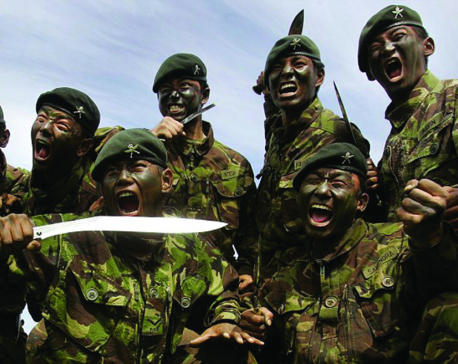
Announcement for Gurkhas
I announce a significant uplift to Gurkha pension provision. It will see the UK Government investing an extra £15 million... Read More...

Mayday for protectionism
Whereas America built less than one million gross tons of ships between 2014 and 2016, South Korea and China produced a... Read More...
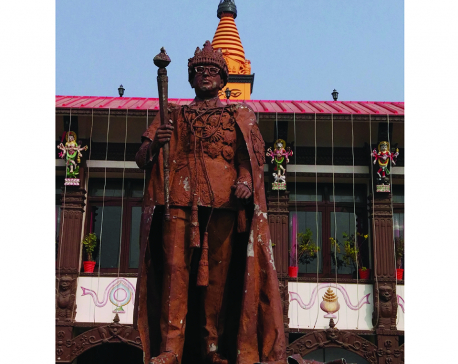
Genealogy of xenophobia
In a country burdened by ethno-nationalism, self-destructive jingoism and hubristic self-importance, the politics of prosperity is merely a façade... Read More...
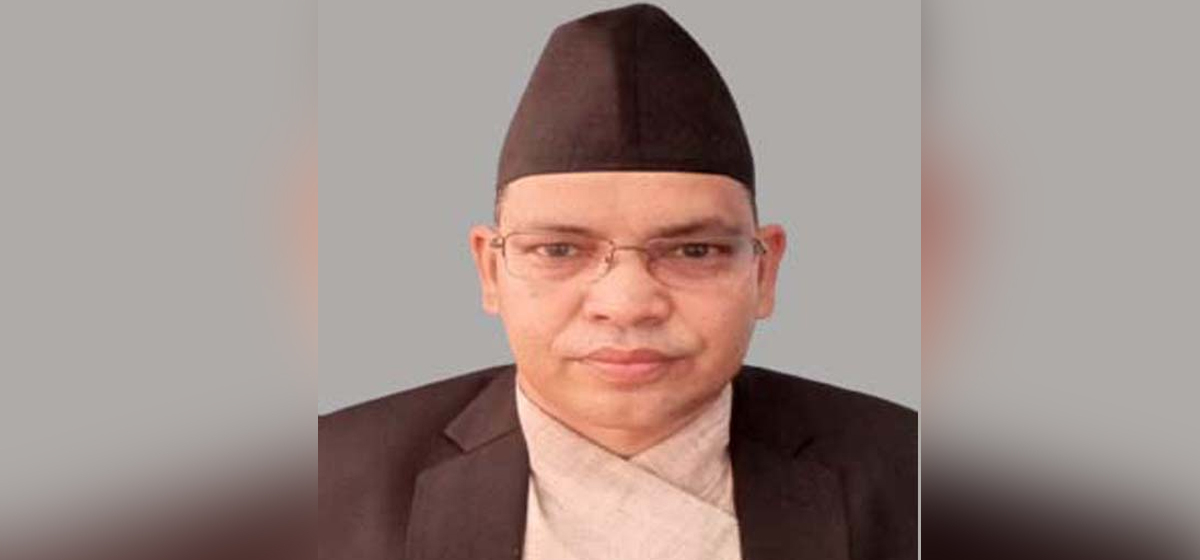
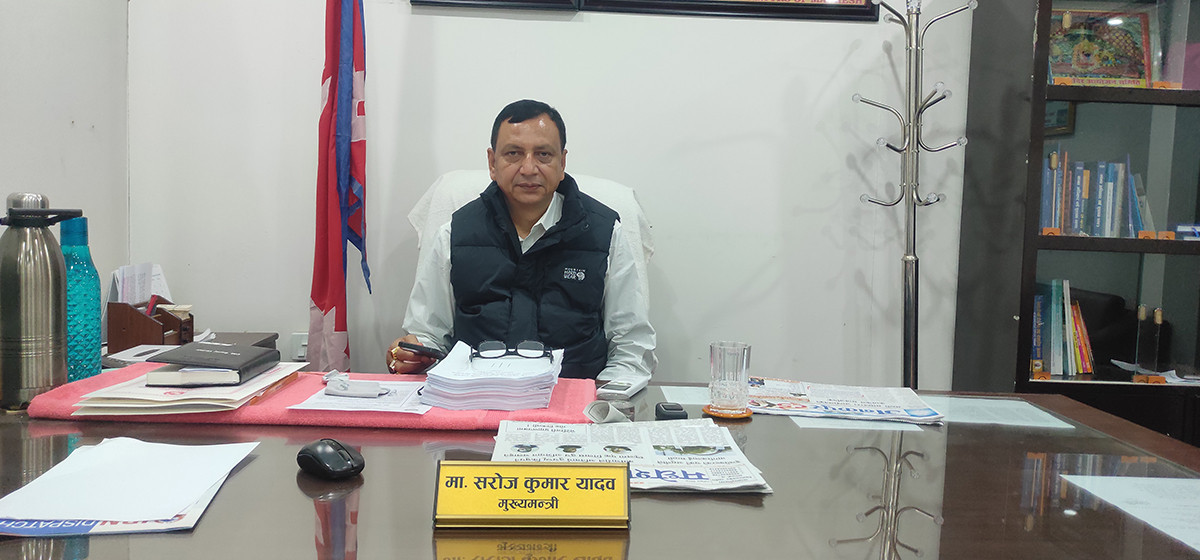


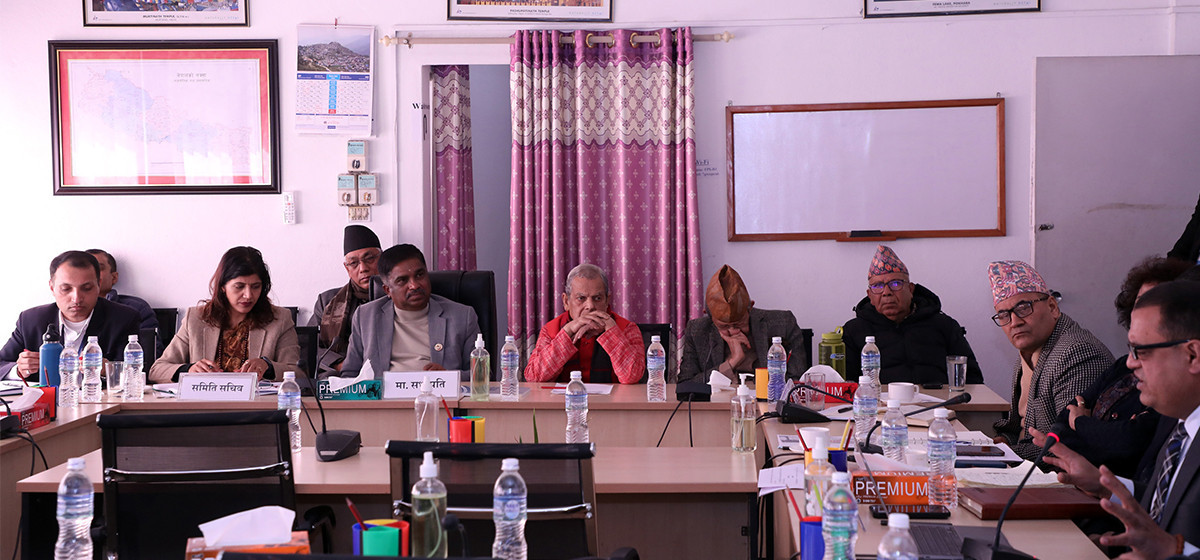
Just In
- Madhesh CM Yadav to seek vote of confidence today
- Gold price increases by Rs 1,700 per tola
- KMC warns of action against those strewing construction materials on street
- National Vitamin 'A' campaign being organized on April 18 and 19
- Two killed in separate accidents
- Seven parliamentary committees meeting today
- NC aggrieved over leader Neupane's demise
- Bhaktapur industrial festival collects Rs 80 million proceeds






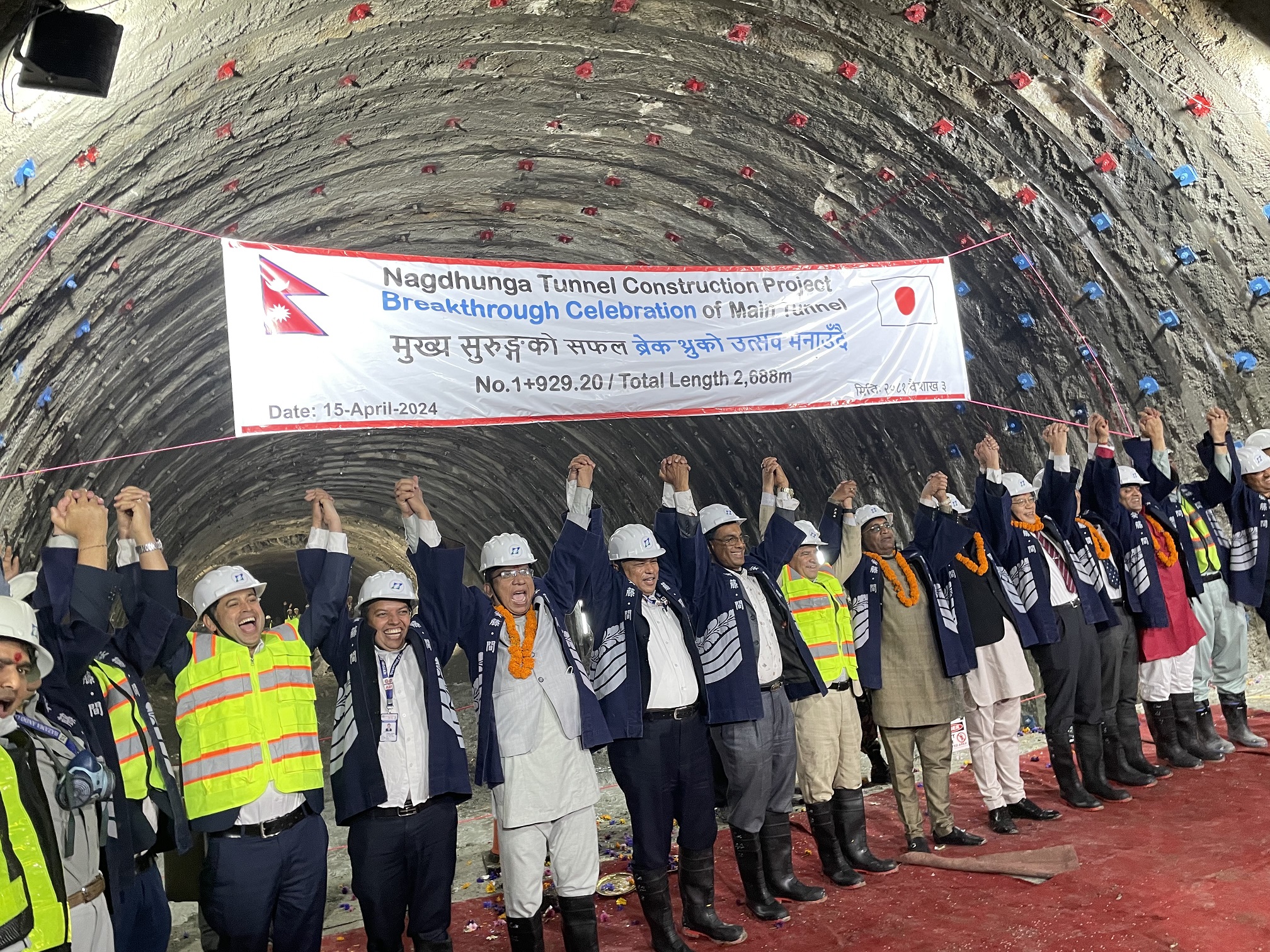
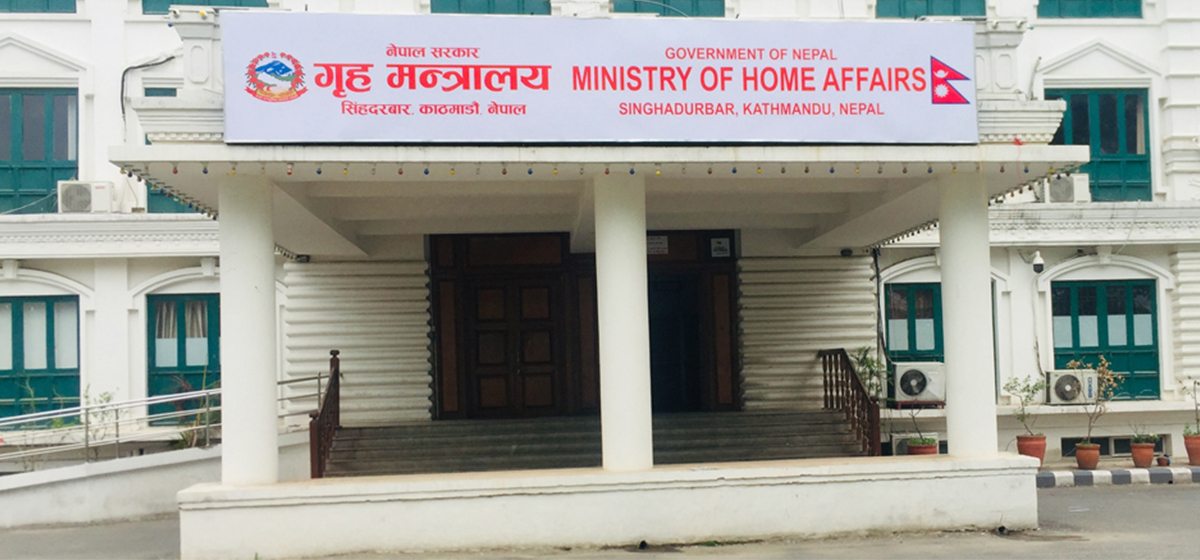




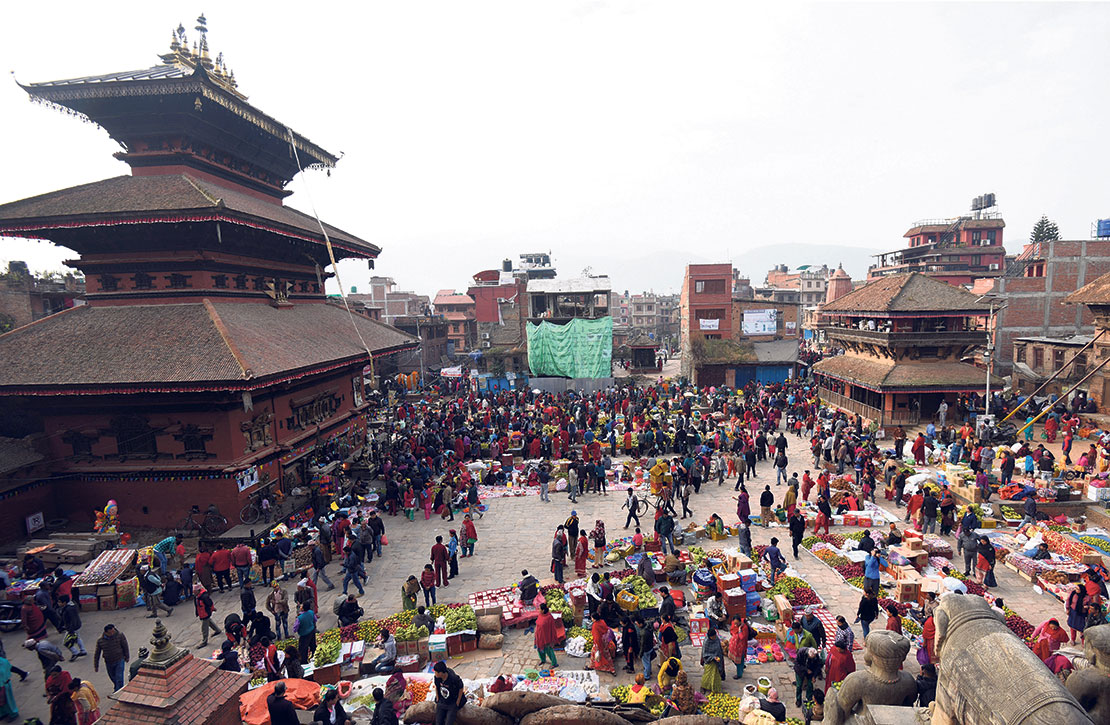
Leave A Comment